Viable Pathways to Equal Citizenship
This session will discuss pathways toward achieving equal citizenship and security for all inhabitants of Israel and Palestine, ensuring their rights and dignity. Panelists will consider how these pathways can be pursued in a manner that addresses conditions described by human rights organizations, the International Court of Justice, and other international bodies as “apartheid.”
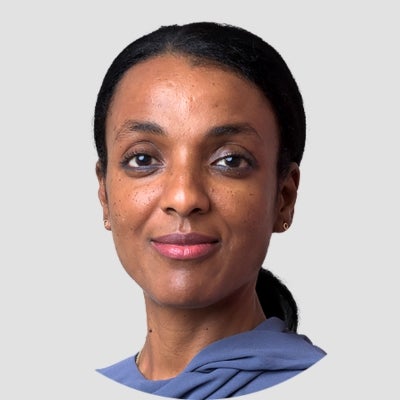
Nesrine Malik
Nesrine Malik is an acclaimed British Sudanese author and journalist known for her wide-ranging commentary on issues of race, identity, politics, and international affairs. Her book We Need New Stories: Challenging the Toxic Myths Behind Our Age of Discontent (2019) critiques the narrative foundations of increasingly intolerant and authoritarian politics in Britain and the United States, exploring how once-fringe views have gone mainstream. Malik’s columns in leading outlets including the Guardian, New York Times, and Washington Post address topics ranging from Islamophobia and feminism to African politics, with deep insights into the ways colonial and postcolonial legacies shape our contemporary world. Malik received the 2021 Robert B. Silvers Prize for Journalism.
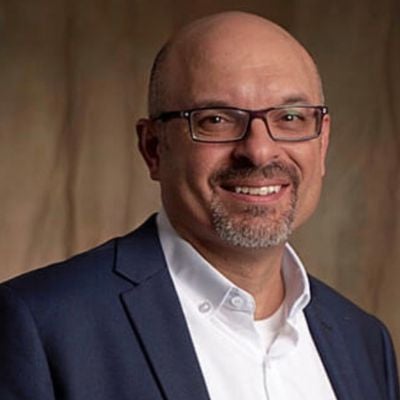
Wesam Ahmad
A Palestinian born and raised in the US. He completed his BA in Political Science and Sociology from Louisiana State University (LSU) and his Juris Doctor from LSU Law. Since moving to Palestine in 2006, has been working as a human rights advocate with Al-Haq, the oldest Palestinian Human Rights organization. In 2012 he completed his LLM in International Human Rights Law from the National University of Ireland at Galway (NUIG).
Wesam has contributed to the development of Al-Haq’s work in the area of Business and Human Rights including corporate accountability, focusing on the role of corporate actors and the economic incentive structure perpetuating the continued colonization of Palestine. Wesam is currently the Head of the Al-Haq Center for Applied International Law, which serves as the educational and capacity building arm of the organization.
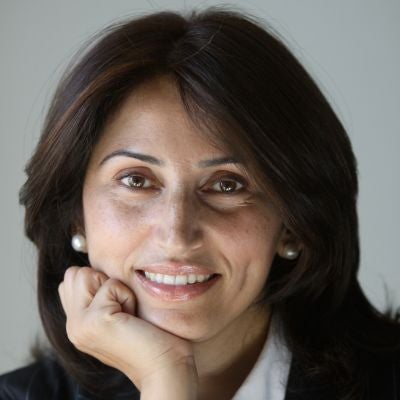
Diana Buttu
An expert in international human rights law, Diana Buttu was the former legal advisor to the Palestinian negotiating team, and part of the team that assisted in the successful litigation of the illegality of the separation wall before the International Court of Justice.
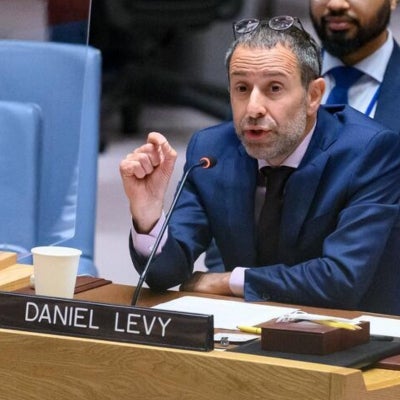
Daniel Levy
Daniel Levy is the President of the U.S./Middle East Project (USMEP), which advances an Israeli-Palestinian peace in which international legality and equality is upheld, respecting the rights of all people. That alongside regional conflicts, trends and geopolitics.
From 2012 to 2016, Levy was Director for the Middle East and North Africa at the European Council on Foreign Relations. Prior to that he was a senior Fellow and Director of the New America Foundation’s Middle East Taskforce in Washington D.C.
Levy was born and educated in the UK where he has returned to residing and where he graduated with an MA and BA from King’s College, Cambridge with awards. His most recent testimony to the UN Security Council can be viewed here.
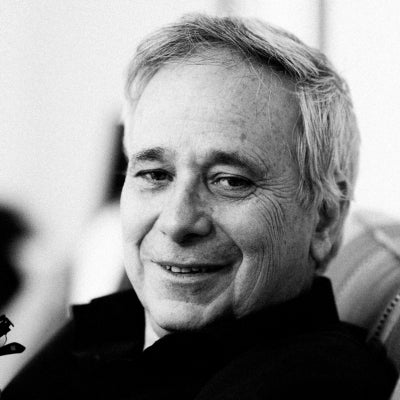
Ilan Pappe
Ilan Pappe is the Professor of History and Director of the European Centre for Palestine Studies at University of Exeter, Exeter, England. He founded and directed the Academic Institute for Peace in Givat Haviva, Israel between 1992 to 2000 and was the Chair of the Emil Tuma Institute for Palestine Studies in Haifa between 2000 and 2006. He was a senior lecturer in the department of Middle Eastern History and the Department of Political Science in Haifa University, Israel between 1984 and 2006. He was appointed as chair in the department of History in the Cornwall Campus, 2007-2009 and became a fellow of the IAIS in 2010. His research focuses on the modern Middle East and in particular the history of Israel and Palestine. He has also written on multiculturalism, Critical Discourse Analysis and on Power and Knowledge in general.